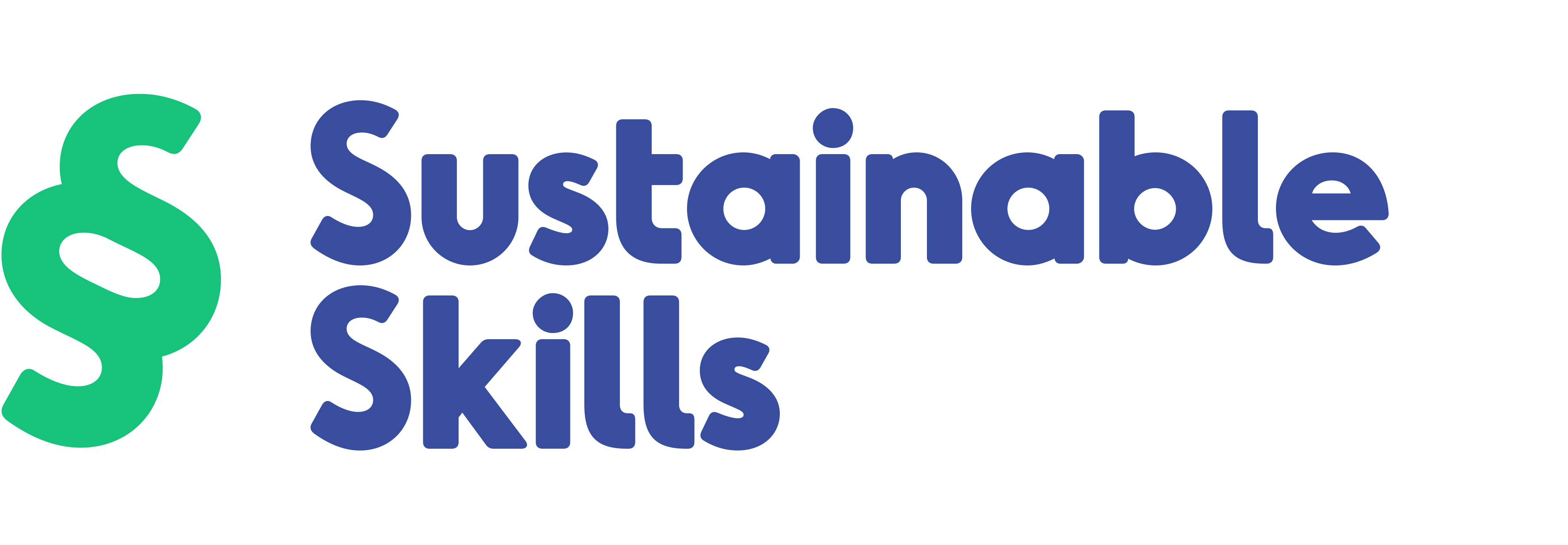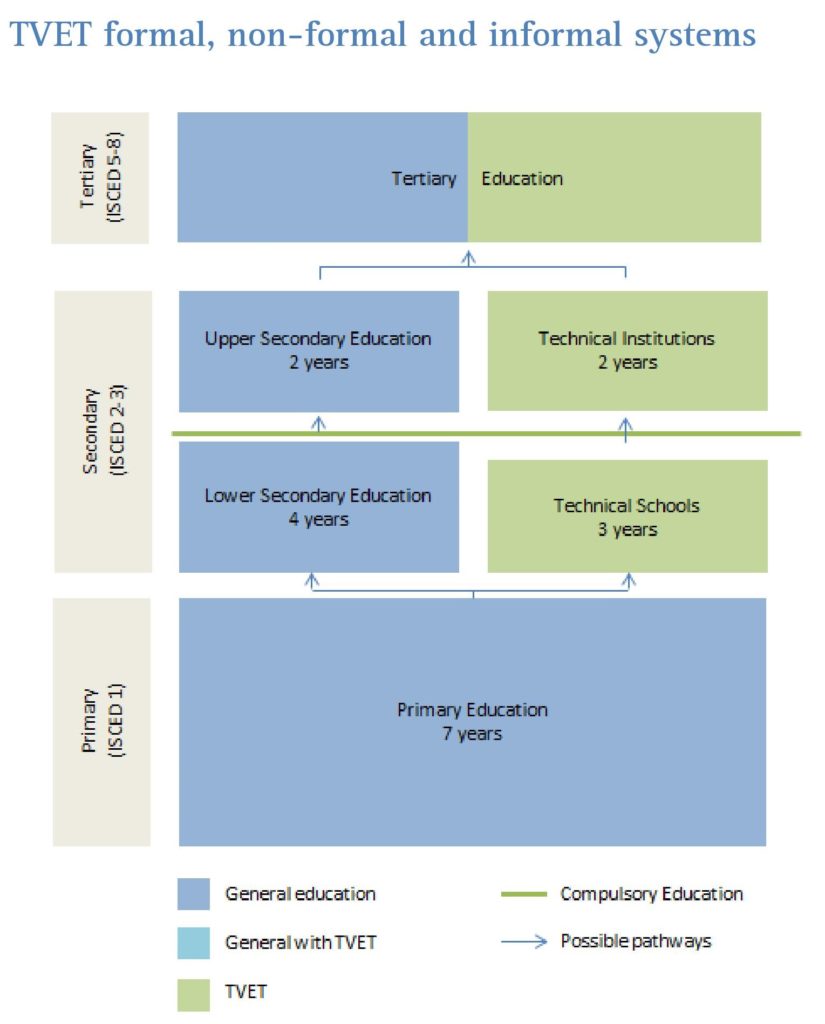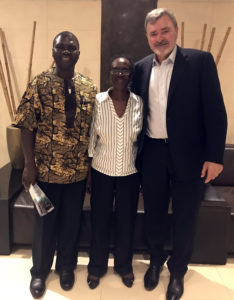Technical Vocational Education and Training system in Uganda
With a population of over 39 million, a youth population of 7.9 million (2015*), and a nominal GDP of 700 USD per capita (2017**), Uganda has a 2.3% unemployment rate among the total labour force, according to World Bank Data.
Uganda’s TVET mission consists in ensuring that individuals and enterprises acquire the skills they need to raise productivity and income. The TVET system is under the authority of the Ministry of Education and Sports (MoES), which is responsible for programme implementation and monitoring, including procedures for planning, budgeting and annual reviews.
The two major sources of TVET funding are the public budget and private households through training fees. The share of TVET in the MoES budget is relatively low, approximately 4% to 7%. Public unit spending is also low by African standards. Training for the informal sector is largely donor-financed.
Private Sector Foundation Uganda (PSFU) is Uganda’s apex body for the private sector. It is made up of over 200 business associations, corporate bodies and the major public sector agencies that support private sector growth. Since its founding in 1995, PSFU has served as a focal point for private sector advocacy as well as capacity building and continues to sustain a positive policy dialogue with Government on behalf of the private sector.
Formal TVET system
TVET in Uganda is an overlapping three-tier system comprising:
- Craftsman level training offered by technical schools and institutes;
- Technician level training offered by technical colleges; and
- Graduate Engineer level training offered by universities.
Private TVET providers represent a strong segment of the sector, estimated at more than 1,000 institutions in 2011, representing approximately 81% of all TVET providers.
Non-formal and Informal Systems
The informal sector remains a stronghold of employment, accounting for 58% of non-agricultural employment in 2011. The TVET system has largely neglected the specific training needs of the informal sector. There is no systematic approach to skills development for people already in or seeking to enter the informal sector. Many of the training offers are supply driven, not based on market assessments and only duplicate formal sector training at very low levels. Some very effective programmes cannot be replicated due to lack of information exchange and resources.
Current reforms
In 2010, the Government of Uganda , with support from the World Bank and the Government of Belgium, commissioned a consultant team of national and international experts to conduct a sub-sector study and subsequently form the basis of the Strategic Plan 2011-2020 “Skilling Uganda”.
Four main interventions are considered critical for a successful TVET reform:
- Building a comprehensive Public-Private Partnership (PPP);
- Ensuring a strong and focused TVET management controlled by all major stakeholders;
- Defining the requirements of the world of work as the benchmark for all TVET
programmes and qualifications; and - Reforming the system of financing TVET in order to achieve long-term sustainability.
Source: Unesco-Unevoc World TVET Database
* Data Source: Unesco-Unevoc World TVET Database. All statistics compiled from the United Nation’s Population Division’s World Population Prospects, the
2015 Revision (http://esa.un.org/unpd/wpp/DVD/)
**Data Source: International Monetary Fund. Retrieved 17 January 2017.



